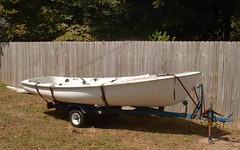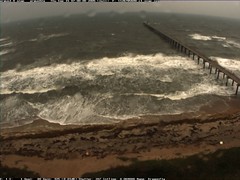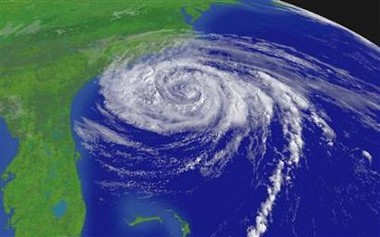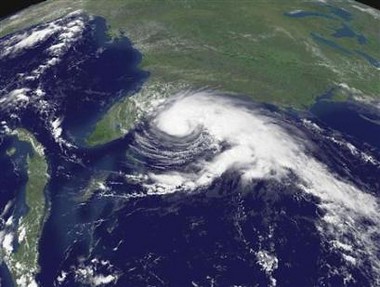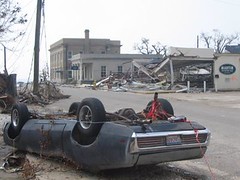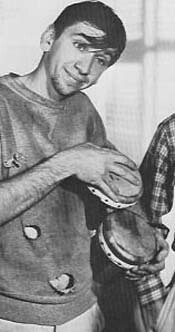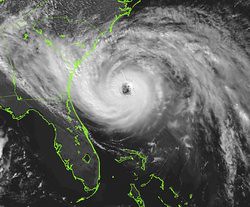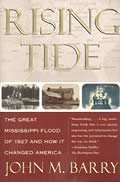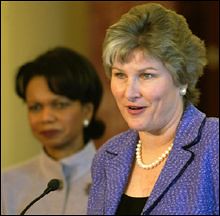 Last March 14th, Condoleezza Rice, Secretary of State, announced that Karen Hughes, a former key Bush advisor, was to serve as Under Secretary of State, Public Diplomacy and Public Affairs - a position with the rank of Ambassador. She was nominated in June, confirmed by the Senate a month later, and sworn in three weeks ago.
Last March 14th, Condoleezza Rice, Secretary of State, announced that Karen Hughes, a former key Bush advisor, was to serve as Under Secretary of State, Public Diplomacy and Public Affairs - a position with the rank of Ambassador. She was nominated in June, confirmed by the Senate a month later, and sworn in three weeks ago.Described by David Boaz of the Cato Institute in 2001 as "the Power Behind the Curtain," Mrs. Hughes had left Washington in 2002 to spend more time with her family in Texas. Now that her son has started Stanford, Mrs. Hughes is willing to spend more time away from home. She is currently in the Middle East, representing you and me, to the Muslim world. You see, her mission is to change the perception of foreigners - especially Muslims - about the United States. According to Ms. Rice, foreigners have been subjected to "hateful propaganda" and "dangerous myths" about our country. It will be Mrs. Hughes' job to counteract these myths and propaganda and "get out the truth." As the Washington Post put it, she is "to reinvigorate the campaign for hearts and minds overseas." I wish her lots of luck.
The selection of Mrs Hughes is remarkable less by the six months it took her to get on the job than by her almost complete lack of qualifications. Her offical State Department biography reads:
Ambassador Karen Hughes was nominated by President George W. Bush on June 29, 2005 to serve as Under Secretary of State for Public Diplomacy and Public Affairs. She was confirmed by the United States Senate on July 29, 2005 and sworn in on Sept. 9, 2005. As Under Secretary, Ms. Hughes leads efforts to improve America’s dialogue with the world. She participates in policy development and oversees three bureaus at the Department of State: Educational and Cultural Affairs, Public Affairs, and International Information Programs.While Mrs. Hughes may be a smart as the come, a trusted presidential advisor, and as good a person as a sunday school teacher can be, one is struck by her complete lack of training or experience dealing with foreign governments, institutions or individuals. I have more experience in foreign countries and with foreigners than she does.
Ambassador Hughes previously served as an advisor to President Bush for more than 10 years. As Counselor to the President for his first 18 months in the White House, she was involved in major domestic and foreign policy issues, led the communications effort in the first year of the war against terror, and managed the White House Offices of Communications, Media Affairs, Speechwriting and Press Secretary.
She served as Director of Communications during the President’s 6 years as Governor of Texas, and was the communications director for his successful 1994 and 1998 gubernatorial campaigns and his 2000 presidential campaign.
Ambassador Hughes returned to Texas in 2002 but continued to serve as an informal advisor to the President and was a communications consultant for his 2004 re-election campaign. She is the author of Ten Minutes from Normal, the story of her experiences working for President Bush, and she helped write the President’s autobiography, A Charge to Keep.
Ambassador Hughes is a former Executive Director of the Republican Party of Texas and a former television news reporter for KXAS-TV, the NBC affiliate in Dallas/Fort Worth. Ms. Hughes is a Phi Beta Kappa and summa cum laude graduate of Southern Methodist University, where she earned a Bachelor of Arts degree in English and a Bachelor of Fine Arts degree in Journalism. She is an elder and long-time Sunday school teacher in the Presbyterian church.
Further, however talented at communications and public relations - spin, if you will - Mrs. Hughes will find that foreigners watch our country very closely, and have for a long time. They know much more about us than we them. They don't think they have a perception problem. They think they have a reality problem. And they are right.
Indeed her elevation to this post seems to shout that the Bush administration sees our problems overseas as more the resulting from the ignorance, gullibility or malevolence of foreigners than of anything we may have done to squander the almost universal support we had from the rest of the world after 9/11/01. I have a box of rocks in my garage - pea gravel actually - that is smarter than that. That attitude is just not going to win friends or influence people.
While irony seems to be everywhere these days, it seems almost beyond belief that in presenting Mrs. Hughes to the world as our "P.R. Ambassador" this administration can no better illustrates its belief that reality matters less than perception. Lincoln had a saying about that. And Ron Suskind the telling quote in his New York Times Magazine article, Without a Doubt, last October:
The aide said that guys like me were "in what we call the reality-based community," which he defined as people who "believe that solutions emerge from your judicious study of discernible reality." ... "That's not the way the world really works anymore," he continued. "We're an empire now, and when we act, we create our own reality. And while you're studying that reality—judiciously, as you will—we'll act again, creating other new realities, which you can study too, and that's how things will sort out. We're history's actors . . . and you, all of you, will be left to just study what we do."If there is any silver lining in Mrs Hughes' efforts on our behalf it may be that she has the capability to learn despite the blinders and filters of neocom ideology. Confronting reality often enough abroad she just may return to the President's ear with the message that only changes in American policy, not changes in U.S. propaganda, will boost our image abroad. In other words, reality matters.
I am not holding my breath.




